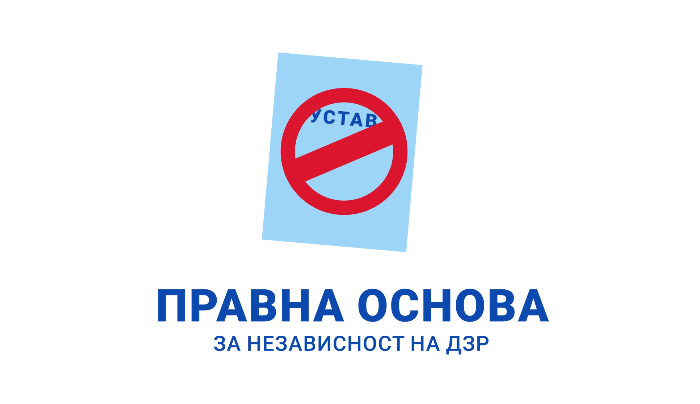At the beginning of 2024, Transparency International-Macedonia published the report: “National Integrity System of North Macedonia”, prepared within the project “EU4 Rule of Law: Citizen Engagement for Public Integrity (CEPI) in the Western Balkans and Turkey”, funded by the European Union and the Government of Switzerland. The National Integrity System contains 15 pillars that include the main institutions that are part of the anti-corruption system.
The State Audit Office is the pillar with highest score within the National Integrity System, with overall score 86.
The score for capacity is 83, which consists of score for the resources and the independence of institution.
The State Audit Office (SAO) is an independent institution led by the auditor general, appointed by and accountable to the Assembly, whose conduct is regulated with the state audit law (SAL). The SAL provides the legal basis for the independence of the SAO; however, its independence is not included within the constitution. The SAO has financial and operational independence that enables the smooth conduct of its work.
In the governance part, transparency, accountability and integrity are assessed and the score for this part is 92.
The SAO is transparent, regularly publishing relevant information in a timely manner on its website, even though there is no legal deadline for the publication of these details. The SAO has developed its own integrity policy and code of ethics, and is continuously working on the integrity of the institution. The SAO is accountable to the Assembly, submitting an annual report on audits and operation. However, timely review of the annual reports has been lacking because there is no legal deadline for reviews.
The role includes the effectiveness of financial audits, improving financial management and the extent to which effective audits are offered on public expenditure. The score for the SAO role is 83.
The SAO provides effective financial audits, but their impact is limited by auditees failing to implement its recommendations in a timely manner. There is also no mechanism or web-tool for the Assembly or the public to monitor the implementation of recommendations in a timely and user-friendly way. The SAO cooperates with the Assembly, the public prosecutor’s office, the State Commission for the Prevention of Corruption and the Ministry of Finance to increase their capacity in reading and using the SAO reports in their work of oversight and investigations into the expenditure of public funds. However, when it comes to sanctioning misbehaviour detected in audit reports, the PPO often fails to initiate investigations, due to a lack of capacity and external interference.
Pillar Recommendations:
- The government should follow the request of the SAO to include the independence of the SAO in the constitution.
- The government should introduce legal deadlines for the timely review and publication of SAO annual reports.
- The SAO should fulfil the systematised working places.
- The SAO should make publicly available the follow-up mechanism for the implementation of the recommendations given by the SAO.
This video is produced within the framework of the project: EU4 Rule of Law: Citizen Engagement for Public Integrity (CEPI) in the Western Balkans and Turkey, implemented by Transparency International-Macedonia and supported by the European Union and the Government of Switzerland.





